When it comes to incorporating speech-to-text capabilities into your projects or services, Deepgram has been a go-to with its powerful API. However, the tech space is now bustling with innovation, offering several other options that might better align with different needs, from pricing and functionality to language support and real-time transcription.
We'll explore some top alternatives to the Deepgram API for text to speech, keeping things light and informative.
Speechify Text to Speech API
Speechify text-to-speech API excels at converting written content into spoken audio. Known for its fluid, natural-sounding voices and high-quality audio output, Speechify has always set its sights on enhancing accessibility and removing barriers to reading.
It supports multiple languages, making it a versatile tool for global applications. The API is particularly user-friendly, allowing seamless integration into apps, websites, and other digital services. This makes Speechify a popular choice among developers looking to provide auditory reading aids, enhance user engagement, or offer auditory alternatives for consuming information.
AssemblyAI
First up is AssemblyAI, a well-regarded provider in the realm of speech-to-text services. Known for its robust AI models that leverage the latest in deep learning technology, AssemblyAI offers high accuracy in transcription, making it a great choice for podcasts or audio streams that require state-of-the-art audio intelligence. Plus, it provides real-time transcription, which is perfect for live events or customer service implementations.
Google Cloud Speech
If you're looking for something backed by a giant in tech, Google Cloud Speech is worth a look. This API supports over 120 languages and dialects, bringing impressive multilingual capabilities to the table. Google Cloud Speech excels in handling various audio files, including noisy environments, making it ideal for everything from phone calls to crowded conference recordings.
Amazon Transcribe
Amazon Transcribe is another heavyweight option that offers deep learning-powered speech recognition. Its features include real-time transcription, automatic formatting, and diarization, which identifies and separates different speakers in an audio. Amazon Transcribe is particularly adept at handling audio from professional settings and is designed to integrate seamlessly with other AWS services.
Speechmatics
Hailing from the UK, Speechmatics offers a versatile speech-to-text API that promises high accuracy and rich formatting options. It's built on advanced neural network models and is capable of transcribing audio in multiple languages, making it a strong candidate for global businesses that deal with diverse demographics.
Whisper by OpenAI
Developed by OpenAI, Whisper is the new kid on the block that has been generating buzz for its generative deep learning models. Although it is primarily focused on transcribing speech accurately, its robust training on varied datasets allows it to perform exceptionally well across different audio types and in noisy conditions. Whisper supports numerous languages and offers an open-source solution that could be attractive for developers on a budget or those who prefer to customize the tool to their specific needs.
What to Consider When Choosing an Alternative
Choosing the right speech-to-text API involves considering several factors:
- Pricing: Look for a service that fits your budget but also offers the scale you need as your requirements grow.
- Accuracy and Latency: Especially important for real-time applications where delays can impact user experience.
- Language and Multilingual Support: Essential if you're serving an international audience.
- Customization and Integration: Some projects might require specific adjustments or need to integrate smoothly with existing systems.
While Deepgram provides a solid speech-to-text API, there are plenty of alternatives out there that might better meet specific needs or constraints. Whether you prioritize cutting-edge technology, cost-effectiveness, or support for multiple languages, there's likely a provider out there that ticks all the right boxes. Happy innovating!
Frequently Asked Questions
The comparison between Deepgram and Whisper depends on specific needs; Deepgram offers real-time transcription and custom speech models, while Whisper, developed by OpenAI, is praised for its generative deep learning technology and multilingual capabilities. Evaluating which is better would depend on the specific requirements like accuracy, language support, and customization.
Determining what is better than Whisper AI depends on the context and requirements of the use case; some might find APIs like Deepgram, Google Cloud Speech, or Amazon Transcribe better due to their specific features like real-time transcription, additional languages, or advanced customization.
AssemblyAI offers a free tier, which allows developers to access basic features of its speech-to-text API with limited usage. However, for extended features and higher usage limits, there are paid plans available.
Deepgram API is a speech-to-text service that uses advanced deep learning technology to provide real-time transcription, high accuracy, and customizability for various audio types, making it suitable for applications in businesses, technology, and media.





